Is Hearing Loss Genetic?
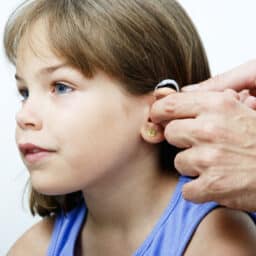
Hearing loss can affect people of all age groups, and while many cases are linked to aging, noise exposure or illness, some are rooted in genetics. Understanding whether hearing loss is genetic can offer insight into your personal risk and help inform decisions about screening, early intervention and long-term care. How Hearing Loss Occurs Hearing…
How to Select the Right Hearing Aids for Your Needs
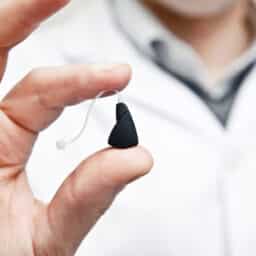
Nearly 28.8 million Americans could benefit from using hearing aids, but many go without. Some people may not know where to start with selecting the right hearing aids due to the many styles and features available. With a little guidance and a professional assessment, you’ll be equipped to make an informed decision that improves your…
Can I Have Tinnitus in One Ear?
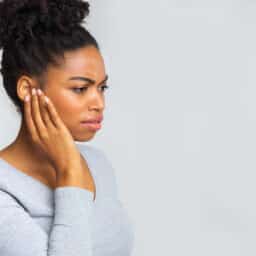
Tinnitus is the perception of sound when no sound is present. Around 10% of American adults have experienced tinnitus symptoms lasting at least five minutes in the past year. Unilateral tinnitus is a form of tinnitus where a person only has tinnitus symptoms in one ear. Causes for Unilateral Tinnitus A variety of factors can…
How to Protect Your Hearing Aids While Swimming

With summer just around the corner and many of us looking forward to sunny days at the pool or beach, it’s important to consider how to keep your hearing aids safe from moisture. Here are some tips to keep your hearing aids in top condition. How Moisture Affects Hearing Aids Hearing aids are sensitive electronic…
What Are the Differences Between Conductive & Sensorineural Hearing Loss?
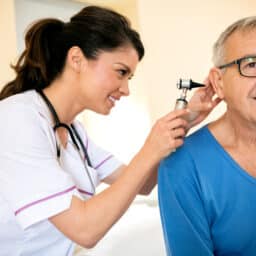
There are three main types of hearing loss: conductive, sensorineural and mixed. The first two are classified based on where the problem is within the ear, while the last one is a combination of both. In this post, we focus on conductive and sensorineural hearing loss—primarily, the differences between them. Where They Occur Within the…
Hearing Aid App Features You May Not Know About
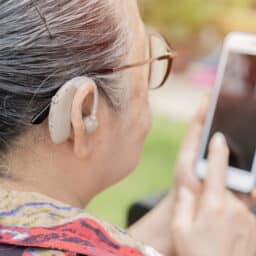
Hearing aids have come a long way from simply amplifying sounds. Today, they’re sophisticated devices that can significantly improve the lives of an estimated 28.8 million adults in the U.S. who experience hearing loss. Modern hearing aids do more than just boost volume; they offer customizable settings, advanced features and easy access through companion smartphone…
A Guide to Protecting Your Hearing Aids Through Seasonal Changes

As the crisp fall air starts heading towards us, it’s a good time to consider how the changing seasons affect your hearing aids. With over 15% of U.S. adults living with hearing loss and many relying on hearing aids to maintain their quality of life, understanding how to protect these devices throughout the year is…
What to Know About Hearing Aid Channels and Bands
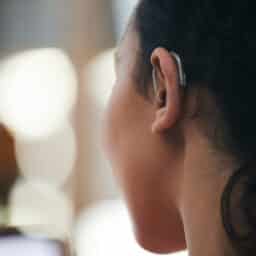
More than 28.8 million Americans could benefit from the use of hearing aids. However, a lack of understanding of the devices and their benefits can sometimes deter people from deciding to obtain them. A helpful feature to understand include “channels” and “bands,” which are two critical bits of technology that can significantly impact a hearing…
What to Know About Charging My Hearing Aids

Hearing aids have made significant strides in technology and convenience, especially in their power options. With 28.8 million Americans who could benefit from hearing aids, understanding the differences between devices with rechargeable batteries and those with replaceable batteries will help you make the most effective decision for your personal needs. Here’s a comprehensive guide to…
Dr. Sara Mattson Featured on Podcast
Sara Mattson, AuD and president of Rancho Santa Fe Audiology and San Diego Hearing Center, recently discussed the connection between hearing loss and diabetes on an episode of Taking Control Of Your Diabetes® – The Podcast. Dr. Mattson and hosts Dr. Steven Edelman and Dr. Jeremy Pettus covered the prevalence of hearing loss in the…